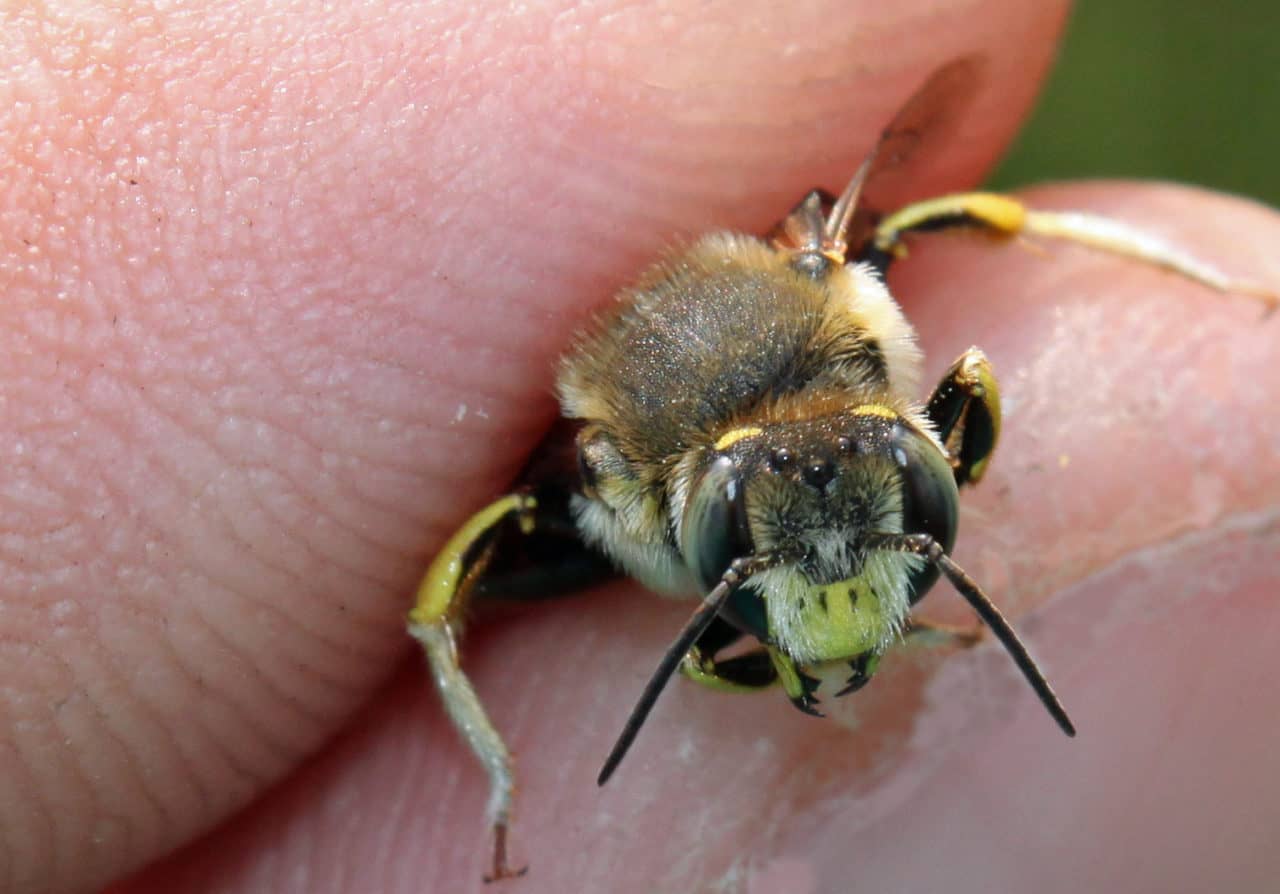Cooking is a hobby I really enjoy. I am not terribly good at it, but I like to practice. Farmer’s Markets are my favorite place to shop since you can get fresh produce and chat with some of the people who put it on your table. I purchased some kale the other weekend and decided to sauté it in a bit of olive oil and salt – properly done it tastes like popcorn. However, the oil got too hot and melted my spatula into my cast iron skillet. It took me a while to figure out how to save my beloved pan, but it came…
Month: November 2011
USDA/AIA Survey Reports 2010/2011 Winter Honey Bee Losses
USDA/AIA Survey Reports 2010/2011 Winter Honey Bee Losses http://www.ars.usda.gov/is/pr/2011/110523.htm
UCCE to Lead Technology Transfer in New Honey Bee Health Initiative
http://ucanr.org/news/?uid=1386&ds=191 UCCE to lead technology transfer in new honey bee health initiative: The technology transfer component of a newly funded nationwide initiative designed to monitor and maintain honey bee health will be hosted by UC Cooperative Extension in Butte County... UCCE news story: http://ucanr.org/news/?uid=1386&ds=191
Nationwide Partnership Seeks to Halve Honeybee Losses
News story at: http://www.ens-newswire.com/ens/may2011/2011-05-19-092.html UNIVERSITY PARK, Pennsylvania, May 19, 2011 (ENS) - A new nationwide network to monitor and maintain honeybee health is being created by the Bee Informed Partnership. Their goal is to help honeybees to recover from assaults such as mites, fungii, pesticides, competition by alien species, the disappearance of flowering plants, air pollution and climate change that have caused bee colonies to collapse not only across the United States but around the world....
PSU Leads Multidisciplinary Effort to Save Honeybees
News story at http://www.pamatters.com/2011/05/26/psu-leads-multidisciplinary-effort-to-save-honeybees/ Researchers from seven universities, beekeepers in every state, economists, epidemiologists and others have joined the Bee Informed Partnership. Senior extension associate at Penn State Dennis vanEngelsdorp is leading the project, and tells us honeybees are essential to agriculture. “About one in every three bites of food we eat is either directly or indirectly pollinated by honeybees,” he says.... News story at http://www.pamatters.com/2011/05/26/psu-leads-multidisciplinary-effort-to-save-honeybees/
BIP at farmdocDAILY
Read farmdocDAILY's May 2011 article about Honey Bee Health and the Bee Informed Partnership http://www.farmdocdaily.illinois.edu/2011/05/honey_bee_health.html
How to collect bees
Before going out to collect bees there are a few things that you will need. Some of items are essential for collecting faster flying specimens. You should have small lidded containers to place the bees in. If you put small pieces of tissue in the container, those pieces give the bees something to hold on to and prevent the bees from becoming wet from regurgitated nectar. Using a net is the easiest method to collect bees. Try to avoid decapitating flower heads when collecting bees. One way to do this is to watch the direction that the bees fly away from the floral source and…
